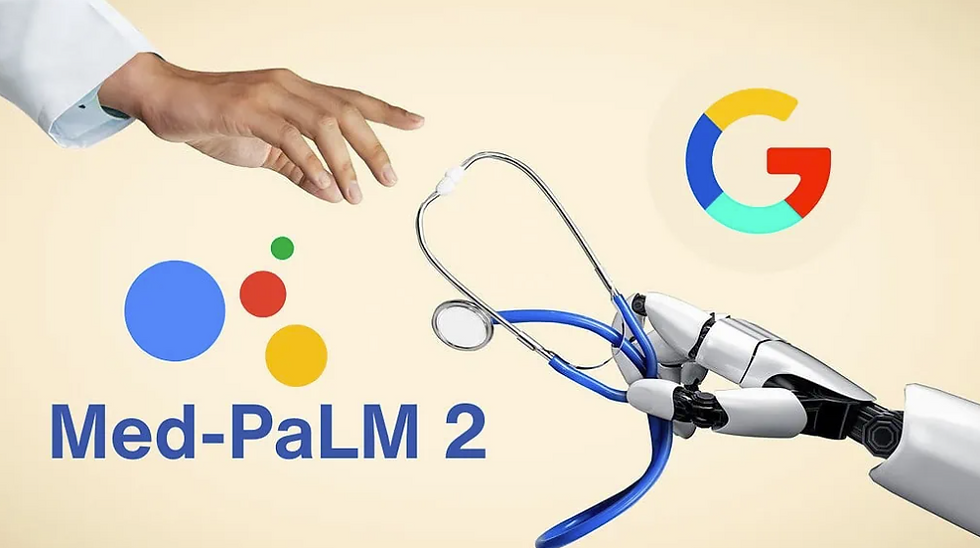Managing Patient Anxiety Pre-Surgery: How AI Provides Emotional Support
- sia699
- Dec 18, 2024
- 2 min read
Undergoing surgery can be a stressful experience, with many patients feeling anxious about the procedure and its outcome. This is where artificial intelligence (AI) steps in to provide emotional support, ensuring patients feel prepared and informed before surgery. AI tools, such as chatbots and virtual assistants, are bridging the gap between doctors and patients, offering personalized communication and practical guidance.

Understanding the Role of AI in Healthcare Communication
Pre-surgery anxiety is often rooted in a lack of understanding or fear of the unknown. AI-powered tools, such as conversational AI, address these concerns by providing clear and consistent communication. For instance, virtual assistants can explain surgical procedures, recovery timelines, and risks in easy-to-understand language. They also answer common questions and send reminders about pre-surgery preparations, creating a sense of preparedness among patients.
In plastic surgery, where patients often have detailed questions about outcomes and recovery, conversational AI plays a critical role. Chatbots powered by AI help patients feel heard by offering 24/7 access to information, alleviating concerns without requiring immediate intervention from doctors. This builds trust and reduces stress before the procedure.
Personalized Pre-Surgery Guidance with AI
AI tools rely on electronic health records (EHR) to deliver personalized support to patients. By analyzing patient data, such as their medical history and specific procedure details, AI can tailor the information provided. For example, if a patient has a history of allergies or chronic conditions, the AI system can flag these details and advise on special pre-surgery precautions.
This level of personalization not only helps reduce anxiety but also enhances the accuracy of pre-surgery preparation. Doctors benefit as well, as patients arrive at their appointments more informed and ready to discuss specifics. Clinics specializing in AI in plastic surgery often use this technology to guide patients through what to expect, reducing last-minute cancellations due to anxiety or lack of clarity.
Conversational AI and Emotional Well-Being
One of the most innovative uses of AI in healthcare is its ability to provide emotional support. Conversational AI platforms simulate empathetic interactions, offering reassuring messages to anxious patients. These tools guide patients to mindfulness exercises or coping techniques to manage their stress.
For instance, clinics using conversational AI in plastic surgery report improved patient satisfaction due to the immediate, empathetic responses offered by chatbots. Patients feel more connected to their care team, even if they are interacting with AI, because the technology is designed to prioritize human-like engagement.
The Future of AI in Pre-Surgery Care
As AI tools continue to evolve, their role in pre-surgery care will expand. From answering questions to providing personalized emotional support, AI has already made a significant impact. Clinics embracing AI in healthcare are discovering that these tools not only help alleviate patient anxiety but also foster stronger patient-doctor relationships.
For more insights on how AI is shaping healthcare communication, visit this article. To explore real-world applications of AI in surgery, check out this case study. For a closer look at AI in plastic surgery, read more here.
Learn more:





Comentários